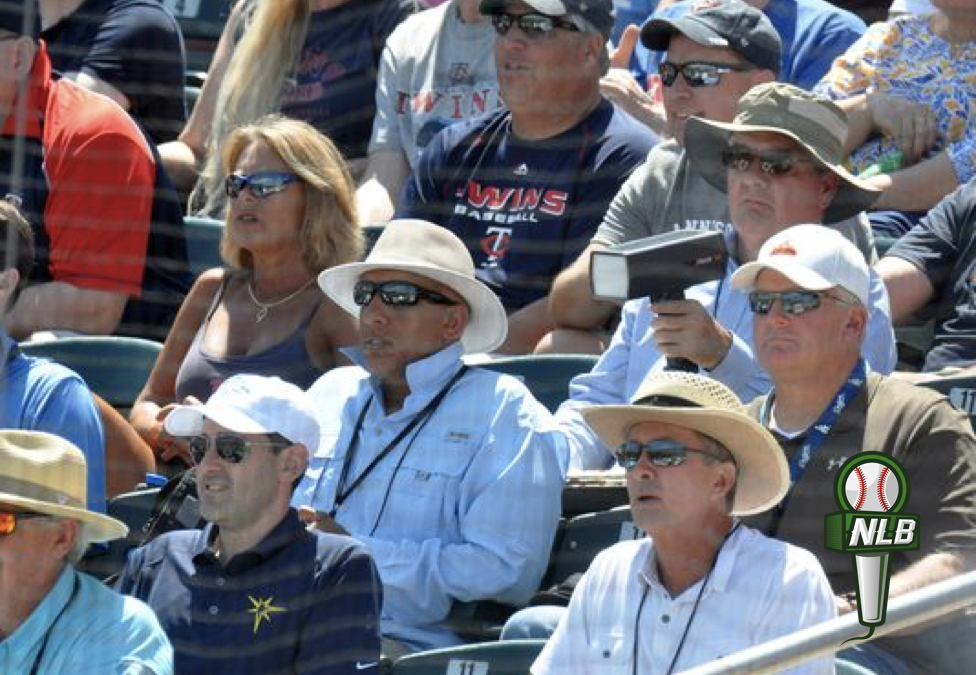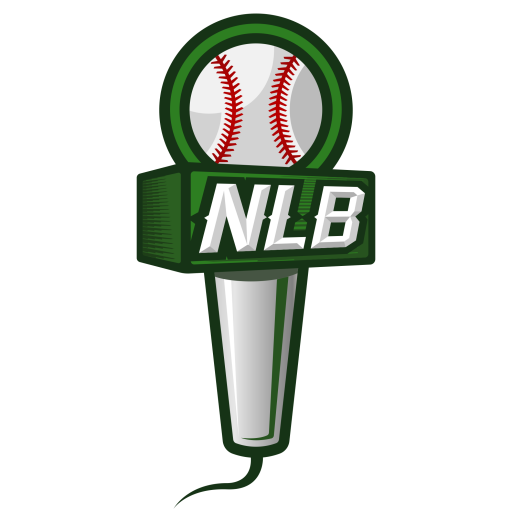I recently posted an article about what college coaches are looking for when scouting high school prospects. Since then, I’ve received several questions from players and parents about how the MLB scouting process works. Better than hearing it from me, I called a buddy of mine who is an established scout for a National League team. He said that I could post highlights from our conversation, but not his name and organization.
In this interview, we cover where most prospects will be discovered, the problems with showcases, the scouting process from first look to draft day, whether players and/or parents write letters to scouts, advice to HS players who want to play professionally, and more. With that being said, here is a raw look into the world of MLB scouting…
Where do you go for the majority of your scouting to watch players – showcases, camps, tournaments, regular season games, etc?
Usually, I go to watch kids play on summer teams that are well-known from their area. Over the years, you get to know the teams that continually have talented draft prospects. I’ll also go to the occasional showcase if I think it’s worth my time. During the HS season, I’ll go to league games to watch those players currently on my radar.
What does the actual MLB scouting process look like for your team?
For the top players, I’ll fill out a report on each player. If my report seems good enough, then our regional boss will come in. If his report is good enough, the national boss will come in. Finally, if his report is good enough, our scouting director will come in.
For those remaining prospects, the “bosses” compile all the player reports and come up with a plan on draft day. At that point, the area scouts have no say. I just deliver the information, and at the end of the day, I don’t have much say on who actually gets drafted.
What is your personal opinion about showcases for high school ballplayers?
There are some HS showcases that are okay, but there are also a lot of showcases out there that are just making money on kids. I have mixed feelings about some of the well-known national showcases. I’ll attend a handful of those showcases, but the rest are a waste of time for me to scout.
How can a HS baseball player know which showcases are legitimate and which are just money-makers for the company putting it on?
Well, a lot of it is a business. There are showcases out there where you don’t have to pay. You either get invited, or qualify for it somehow. Most of the top ones I attend are invitation only. If you are thinking about doing a showcase because the website says a coach from a certain college you are interested in is going to be there, call ‘em. Make sure they will be there so you are not wasting your time and money.
What’s the main problem with showcases?
The problem with the mainstream showcases is that any kid can pay $400 or $500 to become a prospect when in reality, he is not. I think it is criminal from the business perspective and a wasted day from the scout’s perspective. For those reasons, I do not do too many showcases anymore that kids are required to pay.
How do you hear about prospects? Does your team give you a list of players to scout?
Nope. I’m on my own. I find out about guys from beating the bushes. I have good relationships with a lot of HS and college baseball coaches and hear about a good amount of kids that way.
How early do you start scouting high school players?
Unless you are Bryce Harper, I’m only looking at kids that can get drafted in the upcoming draft. I have too many guys to go see. If there is a prospect over a year away from being draft eligible, I will not bother making a special trip to see him. With that being said, I keep track of all those guys and eventually come back to see them.
How often do you get letters from parents and players… and how effective are those letters in determining whether you go scout the kid?
I get a ton of letters every year from both players and parents. If it’s a letter from a player, I’ll usually read them and throw them away. If it’s a letter from a dad, I just throw it away. If a dad is writing a letter to a scout or a college coach for that matter, I’m not interested. I want the kid to write his own notes.
How else do you see the “over-involved” dad play out in your scouting?
I’ll see it when I sit down in a house with a dad and his son that I’m scouting. You’ll have the dad (who I can tell is wishing he could still play) doing all the talking, and then you have the kid on the couch saying, “Yeah, I guess it would be cool to play.” That scenario is a red flag for me. Baseball is just too hard. You have to be completely dedicated if you want to make it in this sport.
What do you most frequently have to explain to parents?
I tell parents this all the time – There’s probably only 20 “million-dollar guys” in each draft. Your kid isn’t one of them. So get that into your head – the signing bonus isn’t going to set your kid up for life. You make your money in the big leagues. Plain and simple.
How important is off the field stuff when scouting a player?
When it comes to investing money in a high draft pick, knowing the player on and off the field is very important and completely necessary.
If you’re telling me talent isn’t everything, what does it all come down to?
In the end, it comes down to whether this guy has the mental make-up to make it to the big leagues. Sure, he has the physical abilities, but does he have the mental make-up to play? A lot of guys don’t.
What advice do you give HS kids that want to gain exposure to MLB scouts?
Within reason, find a good summer ball team to play for. If other players in the past have gotten drafted off of certain teams, there’s a good chance the exposure will be there. The showcase thing is watered down… Above everything else just keep working hard. I like to believe that the cream will always rise to the top. Whether you have to go to juco or college first, if you perform at a high-enough level, you will get a chance to prove yourself in professional baseball.
There you have it. Hope you found this information helpful and insightful. Next Level Ballplayer will continue to interview more MLB scouts to gain different perspectives. If you liked it- “like” it on Facebook, if you like the site- subscribe, if you have questions, comments or issues, leave them in the comment section below or shoot me an email.



